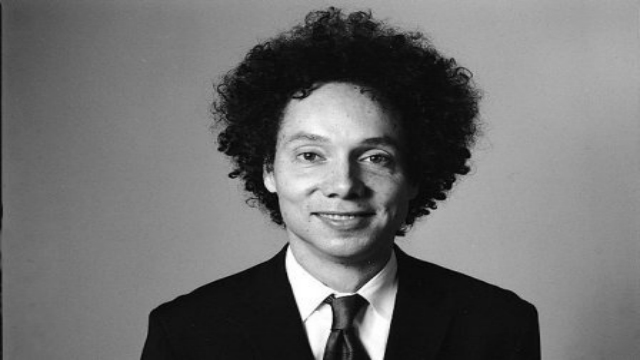War Is an Injustice Perpetrated Against Our Troops

What’s the Latest Development?
Anti-war journalist and long-time Middle East bureau chief for the New York Times, Chris Hedges exposes the difference between the reality of war and how it is conveyed to American civilians half-a-world away. Hedges argues that a patriotic script blinds us to the realities of armed conflict, which is necessarily a betrayal of one group by another, and encourages the token support of our troops, such as barbecues and yellow ribbons. The reality, he says, is that our troops do not engage in the high-minded political discussion that occur in living rooms and government offices, nor do they appreciate yellow ribbons on automobile bumpers.
What’s the Big Idea?
Hedges, a prep school graduate, says the military never approached him or his colleagues, but that impoverished central Maine was something of a hunting ground for military recruiters. According to Hedges’ anecdotal accounts, recruiters were given information on students’ class schedules and pitched the armed forces by telling recruits they could ‘blow shit up’ and get cheap prostitutes in countries like the Philippines. He concludes: “War, for all its horror, has the power to strip away the trivial and the banal, the empty chatter and foolish obsessions that fill our days. It might let us see, although the cost is tremendous.”
Photo credit: Shutterstock.com





